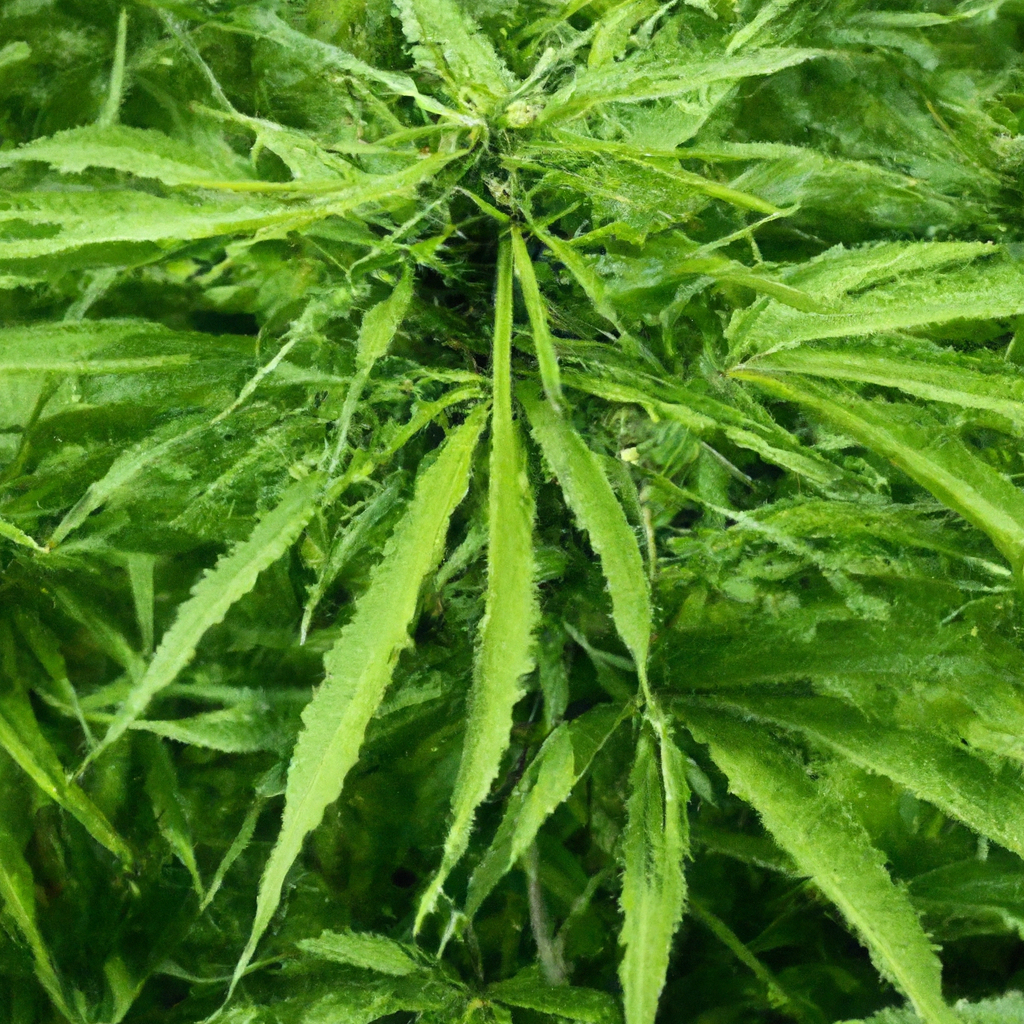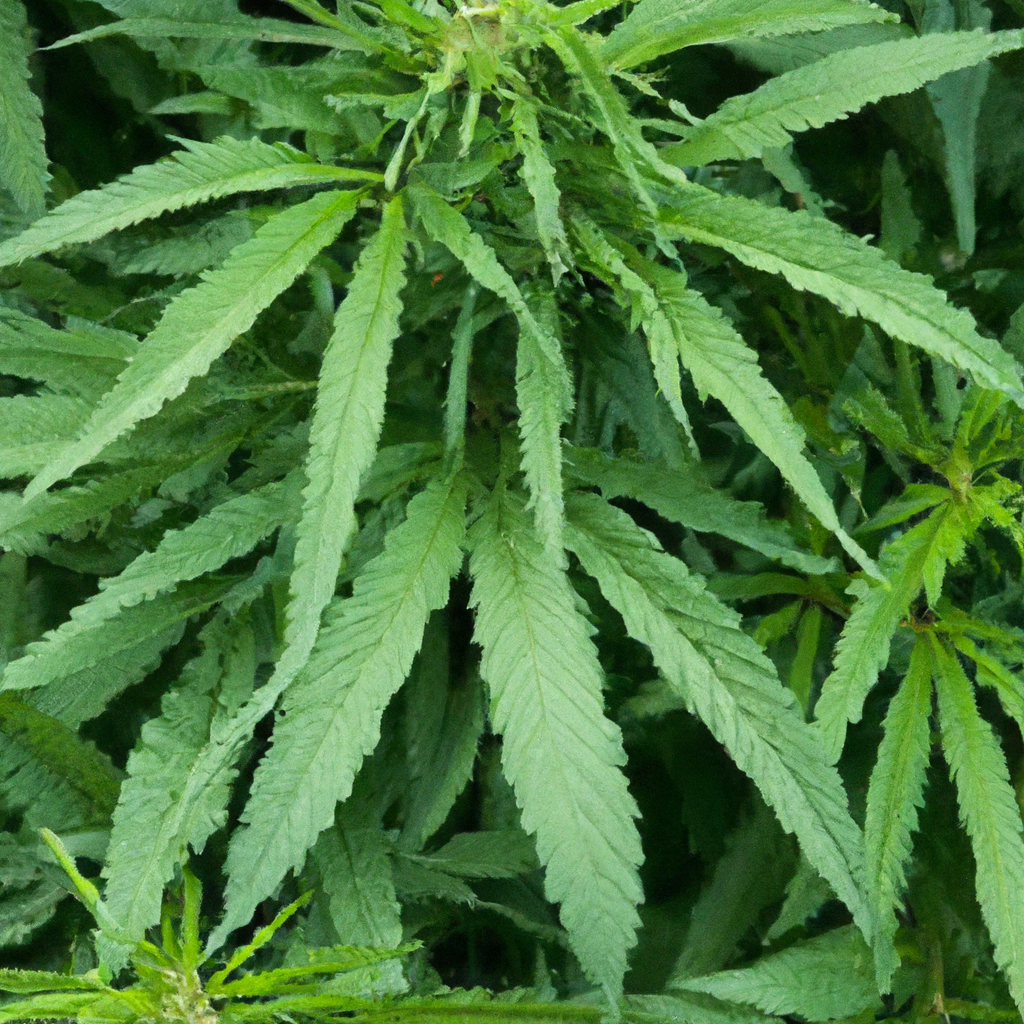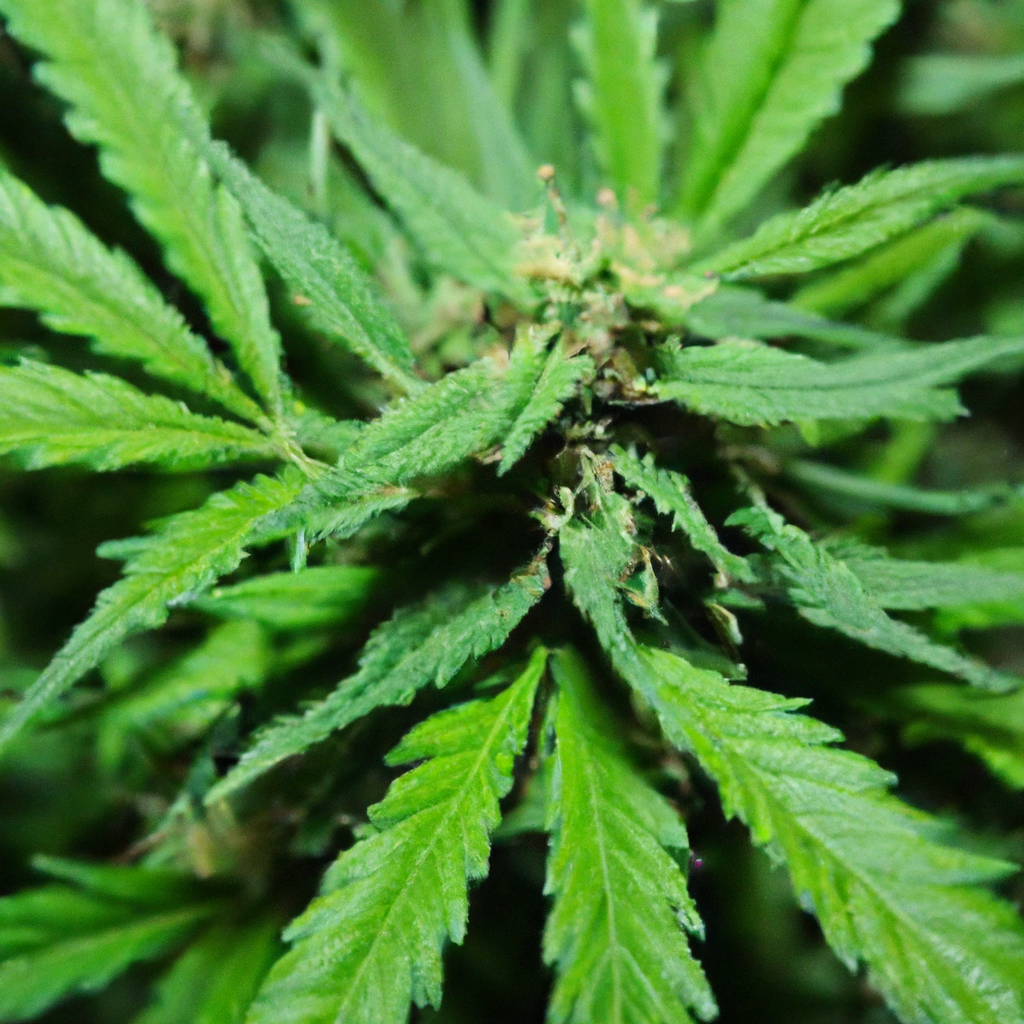Your cart is currently empty!
Tag: Renewable Energy

Cannabis, particularly hemp, is emerging as a promising player in the renewable energy sector with potential contributions to biofuel production, bioplastics, and carbon sequestration. Hemp offers high biomass yield, eco-friendly cultivation, and is rich in cellulose suitable for ethanol and methanol production. Its biodegradable bioplastics can lessen environmental burdens, while its cultivation aids carbon capture…

Hemp is increasingly recognized for its ecological benefits and versatile applications, making it a cornerstone of sustainable practices. Its cultivation supports environmental health by sequestering carbon, improving soil quality, and growing without synthetic pesticides. Beyond agriculture, hemp offers eco-friendly products such as biodegradable plastics, sustainable textiles, and renewable energy sources. Despite regulatory challenges and the…

As environmental concerns rise, the cannabis industry is adopting sustainable practices that benefit both the planet and crop quality. Eco-friendly cultivation techniques, such as organic growing, water conservation, and renewable energy usage, are reshaping cannabis farming. These methods not only protect the environment but also lead to more potent and flavorful cannabis. Embracing practices like…
